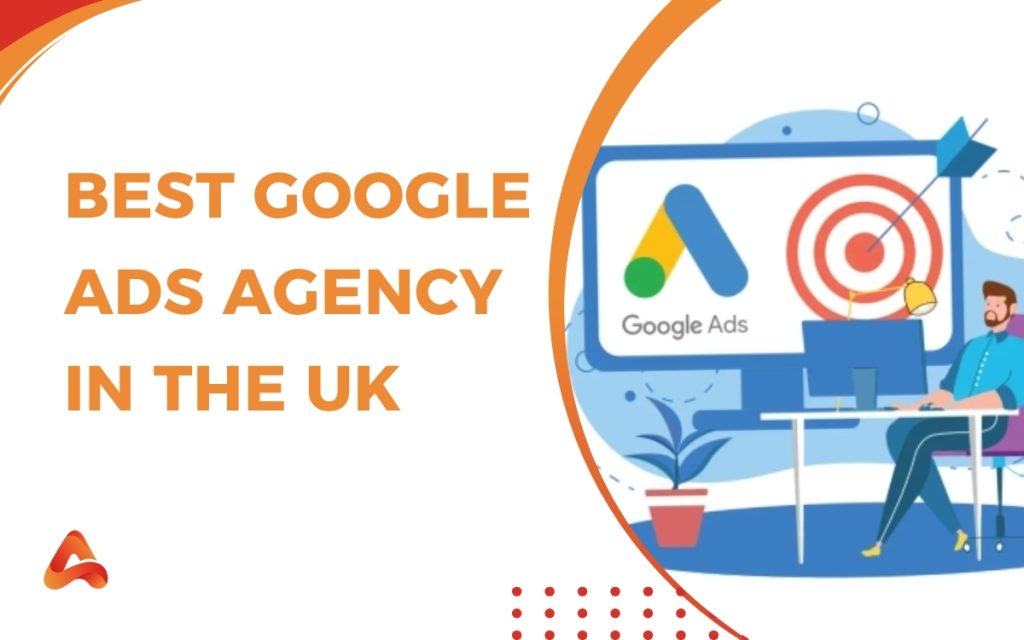
Meta requires SEBI verification for securities and investment ads on its platforms
Advertisers who run securities and investment advertisements (ads) across Meta platforms in India (including global campaigns) are required to be verified by the Securities and Exchange Board of India (SEBI) or register for identity or business verification, as per the eligibility criteria for such organizations, Meta said in a statement. Experts said the move will have a very large impact on finfluencers on social media.
WhatsApp, Facebook and Instagram are required to follow the edict by July 31, 2025, as per Meta’s updated service requirements for advertisers looking to reach out to users in India with ads around securities and investment.
Verified info will be through the ad. The action is consistent with earlier guidance from the regulator instructing advertisers to create accounts with the social media platforms.
To impact finfluencers
Meta’s introduction of stricter verification rules for investment-related advertisers coincides with a growing crackdown by SEBI on financial influencers—popularly known as “finfluencers”—who have been promoting questionable investment opportunities on social media. These often include misleading ads that promise quick success as a professional trader or guaranteed high returns, flooding platforms and targeting unsuspecting users.
Sahil Arora, a partner at Saraf & Partners specializing in corporate and regulatory matters, noted, “These regulatory measures could significantly affect finfluencers, especially given the vast reach and marketing influence of Meta’s platforms. Moreover, the fine line between offering investment education and giving financial advice could inadvertently pull in individuals who merely teach stock market fundamentals.”
However, he clarified that these changes are unlikely to affect the broader landscape of targeted digital advertising, with most Indian advertisers continuing unaffected by Meta’s policy updates.
Starting this Tuesday, compliance with Meta’s updated ad policies will be mandatory. However, enforcement will depend on when an advertiser or individual becomes eligible to declare the payer and beneficiary of a given ad campaign.
Advertisers will be notified when they’re able to begin the verification process, which includes confirming the payer and beneficiary of ads and ensuring these details are visible in a disclaimer. Meta initiated the rollout of this process on June 26, with worldwide availability expected by July 28, 2025. Advertisers will have a minimum of 30 days to complete the necessary verification.
Once verified, all investment-related ads will need to display a disclaimer stating the name and SEBI registration number of the authorized beneficiary and payer. This disclaimer will be generated during the ad setup process. Ads published before July 31 will remain unchanged, provided the advertiser account is verified.
Meta has urged advertisers to carry out the verification independently by submitting valid business documentation and associated information.
The company also emphasized that clients should maintain at least partial access to the ad accounts operated on their behalf to ensure smooth verification.
This move follows SEBI’s March directive requiring all registered intermediaries running investment-related ads on platforms like Google and Meta to also register on those platforms. The registration process must use the same email and mobile number listed on the SEBI SI Portal, after which platforms will authenticate the advertiser before allowing ad distribution.

Finfluencers face compliance demands
Meta’s latest advertising requirements are prompting a fundamental shift in India’s finfluencer ecosystem. Where follower count, content quality, and personal branding once dictated success, regulatory compliance has now become the new benchmark for ad eligibility.
“Without formal recognition as a financial advisor or a clear regulatory status, many content creators who previously operated in grey zones are being excluded from monetizing their content through brand promotions,” explained Sanchit Vir Gogia, Chief Analyst at Greyhound Research. “This shift is already influencing how creators craft content and approach collaborations.”
According to earlier findings from Greyhound, over half of financial marketers have either suspended or re-assessed their influencer marketing strategies due to heightened compliance obligations. This signals a maturation of the industry, pushing it toward more structured and regulation-aligned practices.
“As it stands now, compliance is no longer optional or limiting — it has become the entry price for anyone seeking legitimacy in the financial influencer space,” Gogia concluded.













Your comment